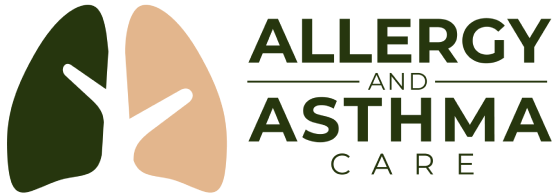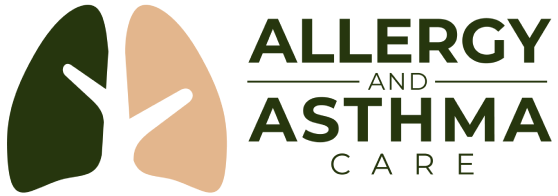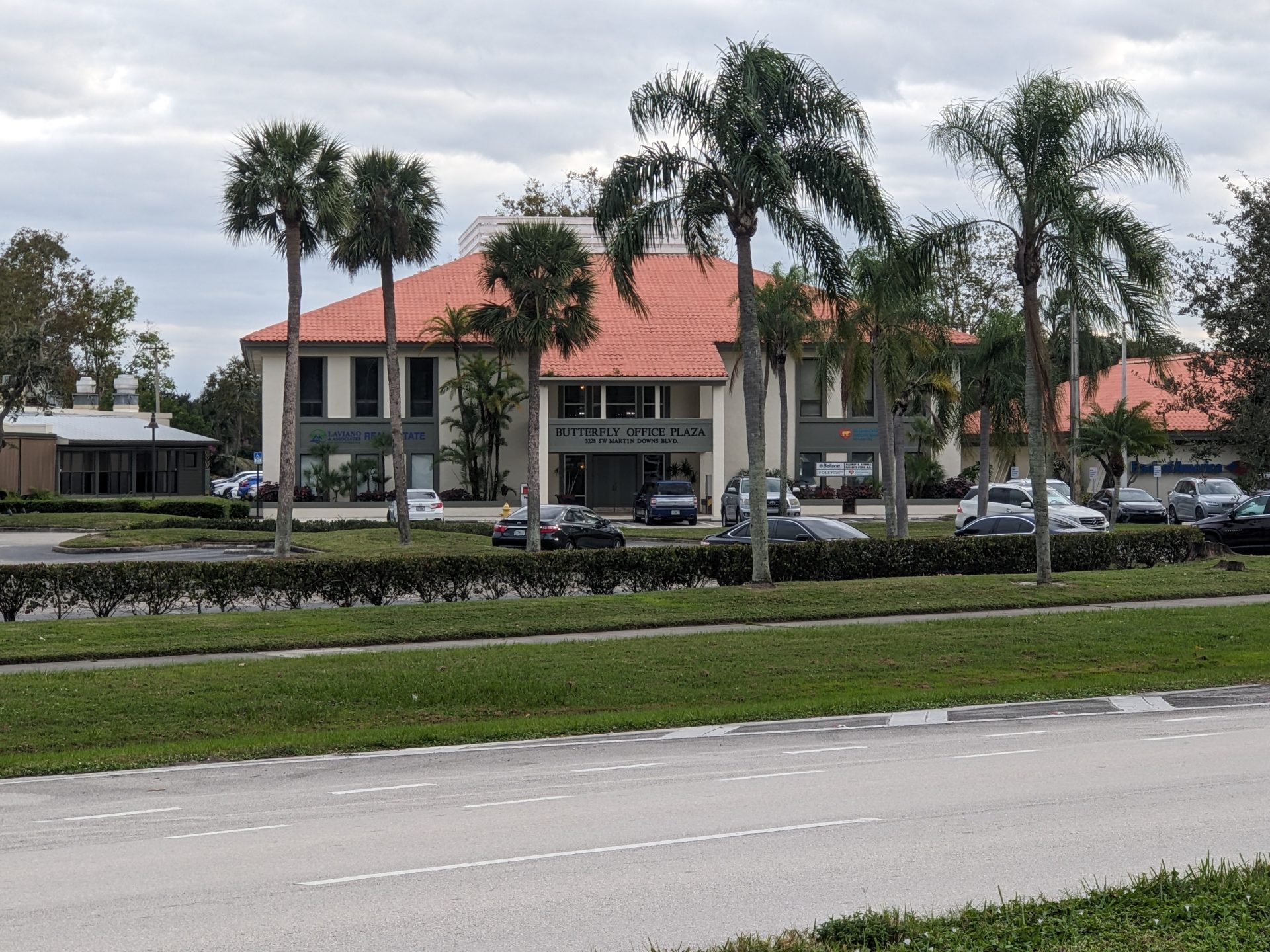Sinusitis is swollen, infected linings of the sinuses. The sinuses are hollow spaces in the bones of your face and skull. They connect with the nose through small openings. Like the nose, their linings make mucus.
Sinusitis occurs when the sinus linings become infected. The passageways from the sinuses to the nose are very narrow. Swelling and mucus may block the passageways. This leads to pressure changes in the sinuses that can be painful.
A number of things can cause swelling and sinusitis. Most often it’s allergens (things that cause allergies, like animals, dust mites, pollen and mold) and viruses, such as viruses that cause the common cold. Whether the cause is allergies or a virus, the sinus linings can swell. When swelling causes the sinus passageway to swell shut, bacteria, viruses, and even fungus can be trapped in the sinuses and cause a sinus infection.
If your nasal bones have been injured or are deformed, causing partial blockage of the sinus openings, you are more likely to get sinusitis.
Symptoms include:
- feeling of fullness or pressure in your head
- a headache that is most painful when you first wake up in the morning or when you bend your head down or forward
- pain above or below your eyes
- aching in the upper jaw and teeth
- runny or stuffy nose (could be the only symptom in children)
- cough, especially at night
- fluid draining down the back of your throat (postnasal drainage)
- sore throat in the morning or evening.
We will ask about your symptoms and will examine you. Sinusitis is more of a clinical diagnosis. You may have a Sinus CT-Scan to look for swelling, fluid, or small benign growths (polyps) in the sinuses if there is no response to proper medical treatment.
If you have chronic or repeated sinus infections, allergies may be the cause.
If you have chronic, severe sinusitis that does not respond to treatment with medicines, you will need an immune system work up and surgery may be done.
Symptoms may improve gradually over 3 to 10 days. Depending on what caused the sinusitis and how severe it is, it may last for days, weeks or even months.
Follow your Allergist’s instructions:
- Avoid tobacco smoke.
- Avoid things you are allergic to!!!


